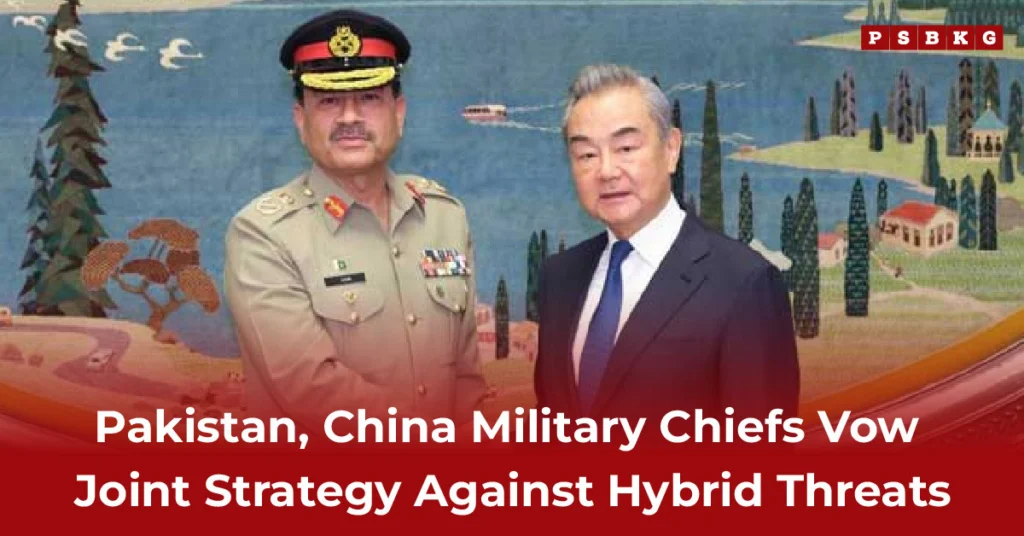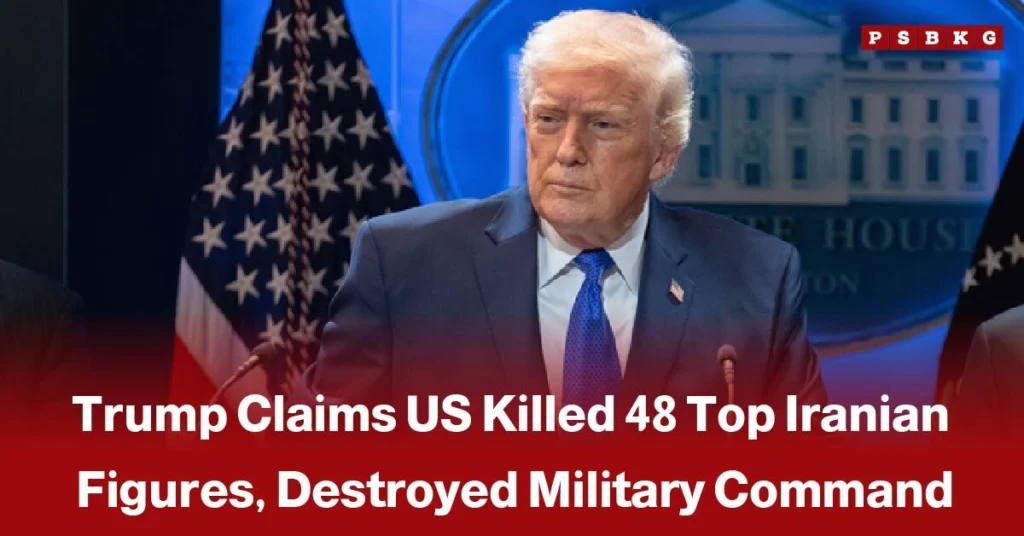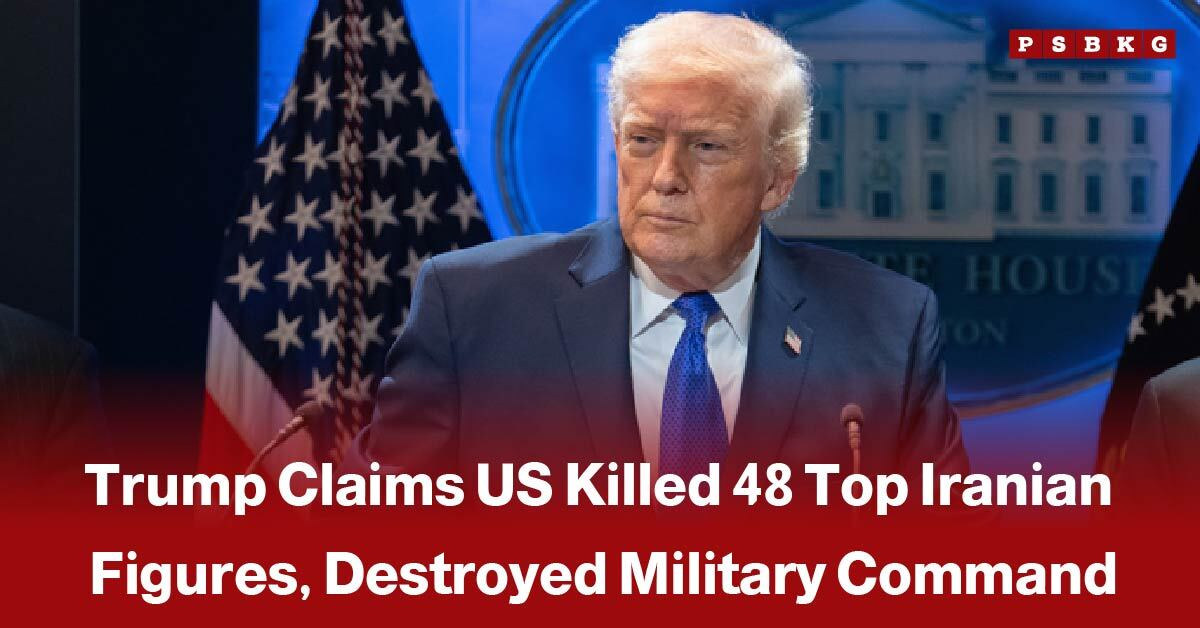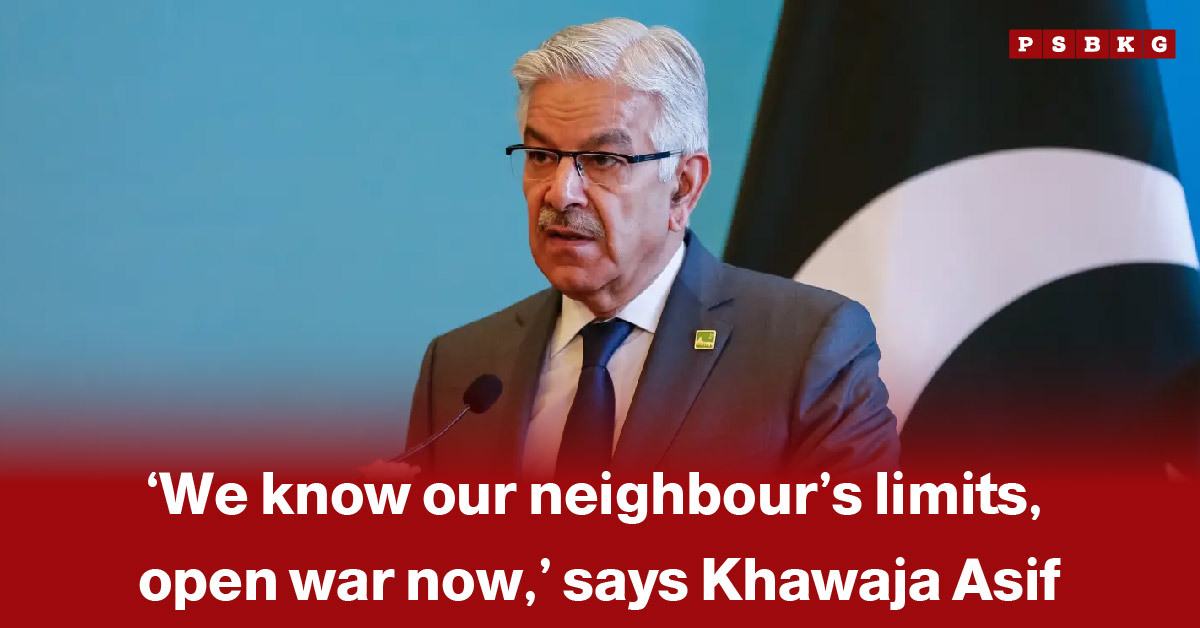Pakistan China Military Coordination Deepens in Beijing
Latest News: Pakistan’s Chief of Army Staff Field Marshal Syed Asim Munir visited Beijing on July 25, 2025. He met Vice President Han Zheng and Foreign Minister Wang Yi. They spoke in simple, direct terms about the strategic partnership. No flashy statements. Just shared interests and mutual respect. Munir’s visit came in a climate of rising tensions in South Asia after a recent military standoff with India. The talks reflected a clear push toward Pakistan China coordination on hybrid threats, as both sides focused on how to tackle emerging regional challenges together.
Shared Concerns, Shared Resolve
At the heart of the talks was a real concern over hybrid threats. Things like cyber‑attacks, disinformation campaigns, complex asymmetric threats. The two militaries agreed they must work together better. They stressed interoperability in operations intelligence and trainingThey also talked about CPEC, regional connectivity plans under China‑Pakistan Economic Corridor. These too need protection from emerging challenges. Both sides affirmed a commitment to sovereign equality, peaceful cooperation and long‑term stability
Meetings with China’s Military Brass
Munir was escorted to PLA headquarters and honoured with a guard of honour. That gesture underscored the long‑standing camaraderie. He met key military figures: General Zhang Youxia, Vice Chairman of China’s Central Military Commission. Also General Chen Hui and Lieutenant General Cai Zhai Jun. They covered defence modernisation, counterterrorism and joint training. Both sides agreed to enhance their institutional links and strategic coordination. No grand declarations. But steady engagement
China’s Praise, Pakistan’s Gratitude
China lauded the Pakistan Armed Forces as a key stabilising force in South Asia. A cornerstone of regional resilience. Pakistan’s military thanked China for continuous support. Foreign Minister Wang Yi explicitly backed Pakistan’s fight against terrorism. He said China expects the Pakistani military to safeguard Chinese personnel and projects inside Pakistan. Munir in turn expressed Pakistan’s appreciation and reaffirmed commitment to expanding cooperation in all domains.
Focus on Hybrid and Transnational Threats
What really stood out was the persistent focus on hybrid threats. These are threats without clear battlefields. Cyber incidents. Propaganda. Terrorist networks exploiting social media. Both sides assessed these risks as rising fast. Their goal is clearer coordination in intelligence sharing, emergency response and joint drills. Training to face not only conventional conflicts but emerging non‑traditional threats too.
Quiet Symbolism, Strong Partnership
The scene at PLA headquarters was modest but charged with meaning. A guard of honour. That visual summed up the depth of what was happening. Symbolic gestures supporting strategic alignment. There were no headlines about weapons deals or future bases. The conversation was about resolve. About careful coordination. About working together behind closed doors to stay ahead of volatile threats.
Why This Matters
This visit reinforces what has long been known. Pakistan and China are close strategic partners. Pakistan buys most of its military equipment from China. 81 percent of Pakistan’s arms imports from 2019 to 2024 came from China. Projects include fighter jets, missiles, radar and tanks. In recent weeks Pakistani J‑10C aircraft, Chinese built, were reportedly used in a military confrontation with India. That put China’s tech in the spotlight, and shows how entwined their defence ties truly are.
In Closing
No loud rhetoric, no grand posturing. Just a steady reaffirmation of shared trust and practical military coordination. Pakistan and China are firming up interoperability. They are planning ahead for hybrid threats. They are deepening a partnership that many see as central to regional strategic stability. This growing alignment reflects Pakistan China coordination hybrid threats, a joint effort to counter evolving challenges with quiet resolve and long-term vision.

















